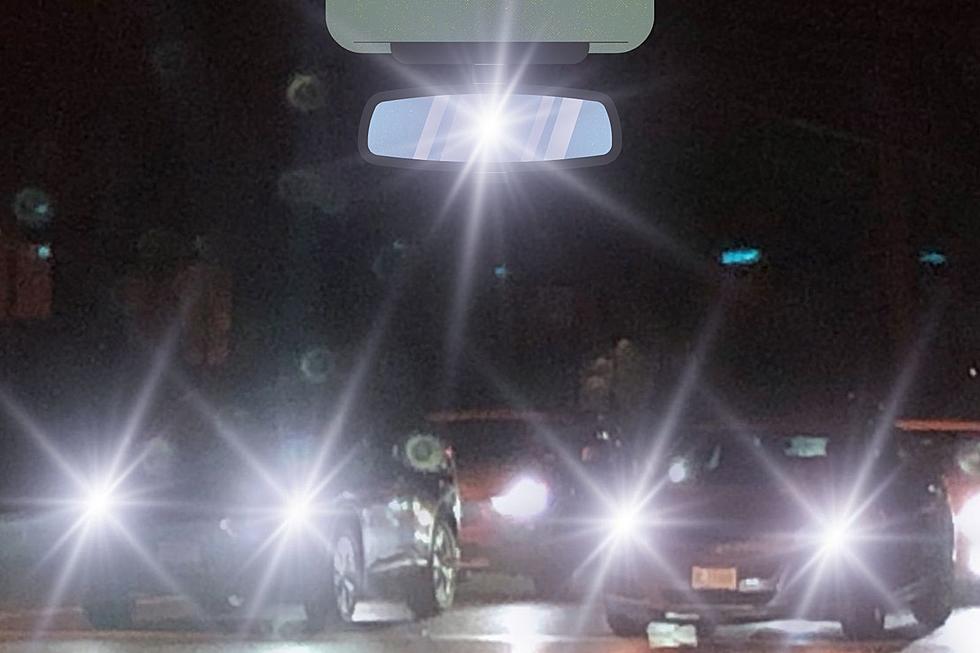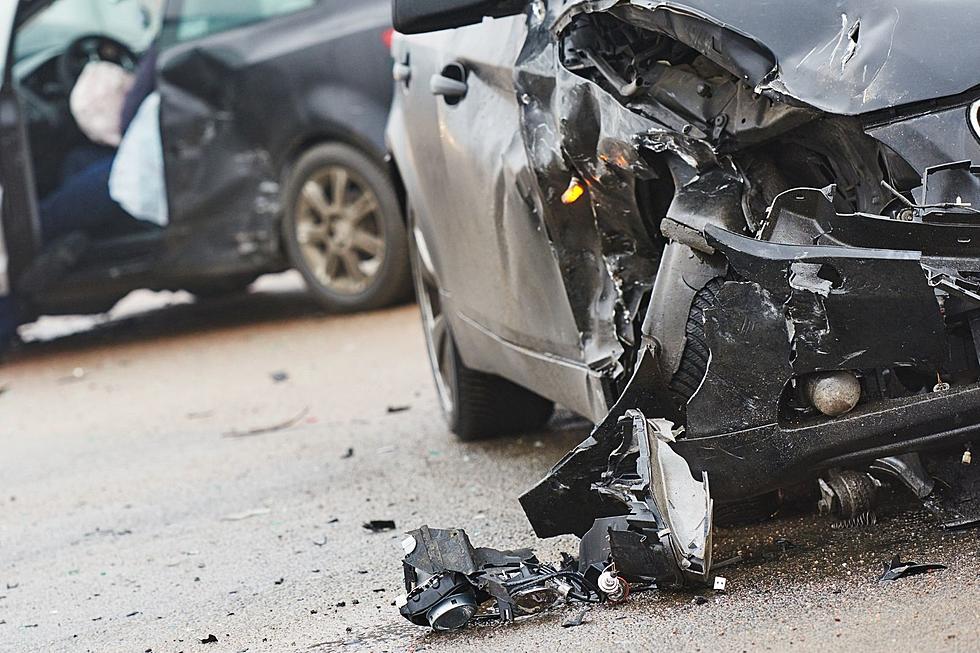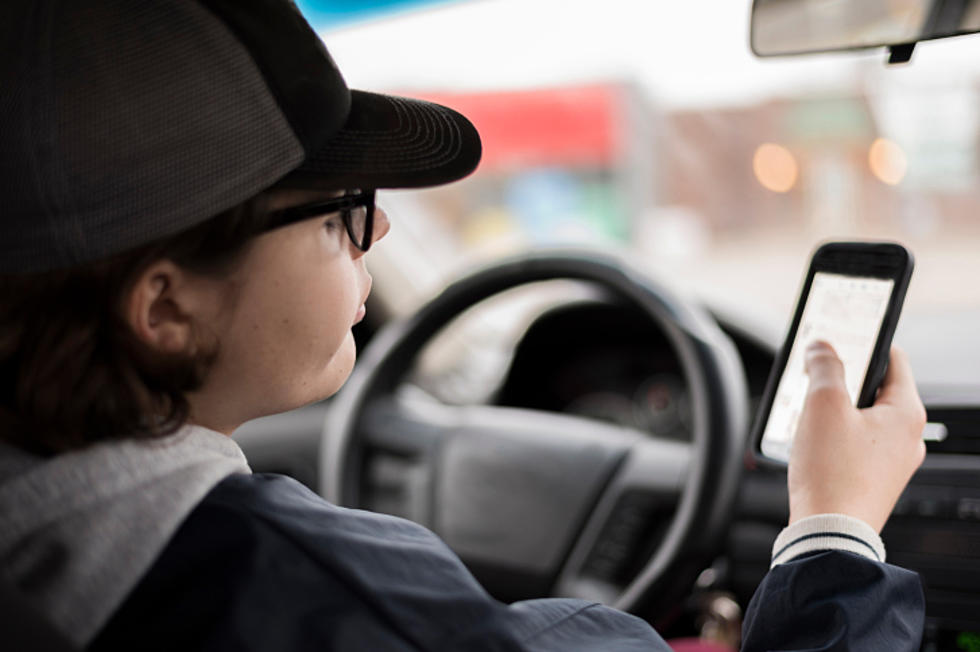![Teen Drivers Entering Deadly Days of Summer [AUDIO]](http://townsquare.media/site/385/files/2014/06/RS4443_153555949.jpg?w=980&q=75)
Teen Drivers Entering Deadly Days of Summer [AUDIO]
Summer may be a time for fun in the sun, but for teen drivers it is one of the deadliest and most dangerous times on the roads according to AAA Mid-Atlantic.
As of June 2, 2014, data from the New Jersey State Police finds that there have been 21 fatalities on Garden State roadways involving drivers and passengers 20-years of age and younger.
"Unfortunately, summer is a really tough time for teens. There is less structure because they are out of school - there is more time to hit the beach with friends, but it's also the deadliest time of year because of all that free time," said Tracy Noble, spokesperson for AAA Mid-Atlantic. "They tend to drive more miles, carry more passengers and drive with less supervision."
New Jersey has a very strict Graduated Driver's License program and Noble said it is important for anyone in the program to abide by the rules. Teens in the program are not allowed to drive with more than one passenger in the vehicle regardless of family affiliation, and they are not allowed to use any kind of electronic device, whether it is hand-held or hands free.
"Teen drivers do not have the experience that adult drivers have and they tend to not be aware of all the things around them. They tend to be distracted by friends and electronics while behind the wheel," Noble said. "Unfortunately, we see that there are often more than two young people in a vehicle together and there is use of hand-held devices and texting happening on a regular basis."
Noble said it's up to parents to reinforce the law and enact house rules. "Parents can determine when teens can drive, when they can have access to a household vehicle, know where they are going and who they are picking up. It's important to just be as engaged as possible. The more rules are reinforced at home, the less likely teens are to break the laws."
The AAA Foundation for Traffic Safety analyzed data from the National Highway Traffic Safety Administration and discovered the following discrepancies between the genders:
- Cell phones: Teen girls are twice as likely as teen boys to use cell phones and other electronic devices while driving.
- Other distractions: Female teen drivers were nearly 10 percent more likely to be observed engaging in other distracted behaviors, such as reaching for an object in the vehicle and eating or drinking.
- Eyes off the road: Male teen drivers were roughly twice as likely to turn around in their seats while driving, and were also more likely to communicate with people outside of the vehicle.
- Passengers: Overall 16-year-old males were the most likely to have had teenage passengers in the vehicle at the time of a crash.
- Gender neutral: Electronic devices were the most commonly observed distracted driving activity for new teen drivers of both genders, and electronic device usage was most common when teens carried no passengers.
AAA Mid-Atlantic suggests the following tips for parents in an effort to keep teens safe during the summer months and year round:
- Eliminate trips without purpose: Teens have three times as many fatal crashes as all other drivers, based on amount of miles driven, and a teen's crash risk is highest during the first year of solo driving. Limit teens' driving to essential trips and only with parental permission for at least the first year of driving.
- Limit passengers: Crash rates increase with each teen passenger in the vehicle. Establish passenger limits and restrict teens from riding as a passenger with a teen driver. In New Jersey during the permit and probationary phases only one additional passenger is allowed unless accompanied by a parent or guardian.
- Restrict night driving: A teen driver's chances of being involved in a deadly crash doubles at night. Many parents limit driving during the highest-risk late night hours, yet they should consider limiting evening driving as well, as more than half of nighttime crashes occur between 9 p.m. and midnight. In New Jersey, teens are not allowed to be on the road after 11:01 p.m. and before 5 a.m.
- Teach your teens how to drive: Summer offers the perfect opportunity for teens to learn how to drive and the best way for new teen drivers to gain experience is through parent-supervised practice driving, where parents can share their wisdom accumulated over many years of driving. Even after a teen has a license that allows solo driving, parents and teens should continue to practice driving together to help the teen manage increasingly more complex and challenging driving conditions.
- Establish a parent-teen driving agreement: Written agreements help set and enforce clear rules about night driving, passengers, access to the car and more.
- Be there: Make sure your teen knows that if they need help, advice or a ride, they can call you at any time. Extend this offer often and let your teen know that you are always available, and that they will not be judged or punished should they need your help.
For more information on driver training programs for teens, visit http://midatlantic.aaa.com/DrivingPrograms/Overview. AAA also offers a parent-teen driving agreement at http://www.AAA.com/teendriving.
More From New Jersey 101.5 FM









